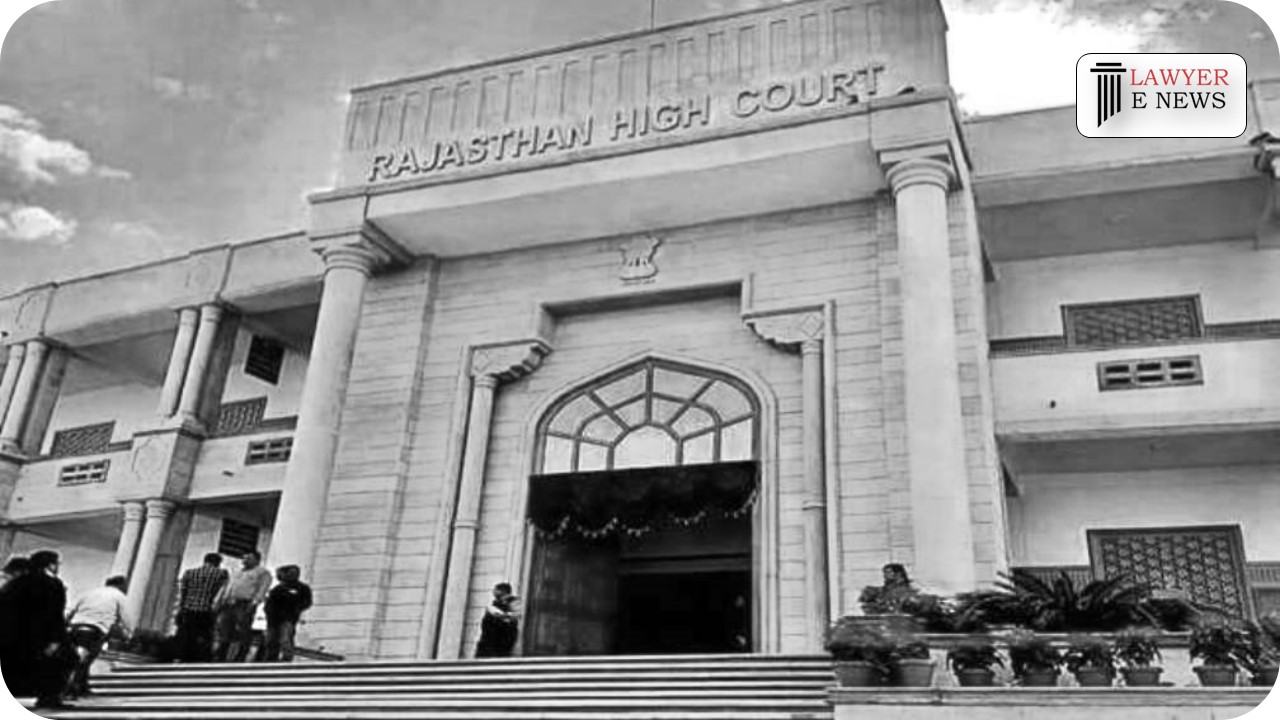-
by Admin
15 February 2026 2:36 AM



Accused Sukhdev Singh and Nirmal Singh Bhangu granted bail under Section 439 Cr.P.C., following the release of co-accused on similar charges.
The Rajasthan High Court has granted bail to Sukhdev Singh and Nirmal Singh Bhangu, accused in a high-profile cheating and conspiracy case under Sections 420, 406, and 120-B of the Indian Penal Code (IPC). The decision, delivered by Justice Farjand Ali, emphasized the principles of bail jurisprudence and the necessity of maintaining judicial consistency by granting bail on grounds of parity with previously released co-accused.
The case involves Sukhdev Singh and Nirmal Singh Bhangu, who were accused of cheating (Section 420 IPC), criminal breach of trust (Section 406 IPC), and criminal conspiracy (Section 120-B IPC) in FIR Number 249/2018 at Police Station Jalupura, District Jaipur.
Justice Farjand Ali elaborated on the bail jurisprudence applicable to offences triable by a Court of Magistrate. The court reiterated that: “It is run of the mill for High Courts as well as Hon’ble the Apex Court to grant bail in cases concerning offences that are triable by Magistrate.”
The court cited the established legal principle that bail should generally be granted in cases where the accused is presumed innocent until proven guilty and that the accused should be allowed to attend trial from home unless there are compelling reasons to keep them detained.
A significant factor in the court's decision was the principle of parity. The court noted that co-accused Subrato Bhattacharya and Gurmeet Singh had already been granted bail on April 20, 2022. The court stated: “The case of the petitioners is not distinguishable with that of the case of the co-accused Subrato Bhattacharya who has already been enlarged on bail.”
Justice Ali emphasized that the accused should not be detained during the lengthy trial process for offences triable by a Magistrate. He quoted previous judgments to underline that prolonged pre-trial detention equates to an unjustified extension of sentence without conviction: “The only thing which a court of law is to ascertain while entertaining a bail plea is whether the accused should be allowed to come to the court to attend the judicial proceeding from his home and he may be allowed to remain with his family and within the society.”
The High Court’s decision to grant bail to Sukhdev Singh and Nirmal Singh Bhangu underscores the judiciary's commitment to upholding the principles of bail jurisprudence and judicial consistency. By granting bail on grounds of parity, the court has reinforced the legal framework that governs the treatment of accused individuals in cases of non-bailable offences triable by a Magistrate. This judgment is expected to influence future cases, emphasizing the importance of maintaining consistent judicial standards and the presumption of innocence.
Date of Decision: 03/05/2024
SUKHDEV SINGH VS STATE OF RAJASTHAN
